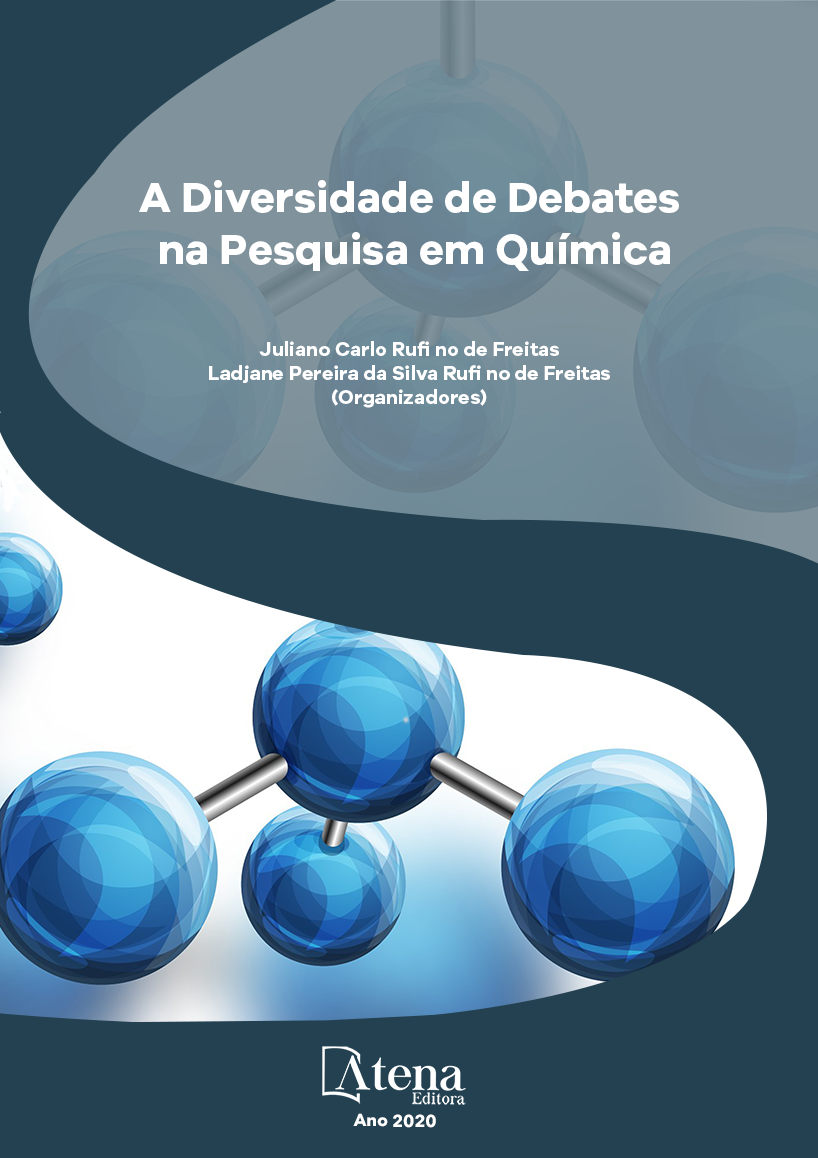
AVALIAÇÃO DA CAPACIDADE ANTIÁCIDA DE PRODUTOS COMERCIAIS E NATURAIS
A acidez estomacal, comumente chamada de azia, é um problema muito comum entre as pessoas, levando-as a buscar algum tipo de fármaco para tratamento, com finalidade de diminuir o mal-estar. Entretanto, alguns indivíduos apresentam reações adversas ao ingerir os produtos industrializados com ação antiácida, impossibilitando o seu consumo. Neste âmbito, a presente pesquisa versa comparar antiácidos sintéticos e potenciais alimentos naturais que diminuam a acidez estomacal. Para verificar o pH inicial dos antiácidos naturais (banana, maçã e couve), utilizamos o sumo, o qual foi obtido através do processo de trituração das amostras em um processador. Os fármacos (leite de magnésia, Sal de Frutas e bicarbonato de sódio) seguiram as especificações de uso descrito na respectiva bula. Com intuito de avaliar a ação dos antiácidos na acidez estomacal, foi realizada medições dos pHs das amostras em contato com uma solução de ácido clorídrico, em concentração que simula a acidez estomacal. Após verificação do pH, notou-se que entre os alimentos naturais, apenas a couve apresentou pH próximo ao Sal de Frutas. Além disso, todos os alimentos naturais avaliados foram inseridos na mufla, com a finalidade de simular a digestão (sem agentes biológicos). Posteriormente, foi realizado a medida do pH das cinzas dos alimentos, para verificar a hipótese da presença de metais alcalinos. Este trabalho sugere que determinados alimentos, como a couve, pode ter o mesmo efeito que um antiácido comercial.
AVALIAÇÃO DA CAPACIDADE ANTIÁCIDA DE PRODUTOS COMERCIAIS E NATURAIS
-
Palavras-chave: Azia; Antiácidos; Acidez Estomacal; Alimentos Alcalinos; pH.
-
Keywords: Heartburn; Antacid; Stomach Acidity; Alkaline Foods; pH.
-
Abstract:
Stomach acidity, commonly referred to as heartburn, is a very common problem among people, leading them to seek some type of drug for treatment in order to reduce their discomfort. However, some individuals have adverse reactions when ingesting industrialized products with antacid action, making their consumption impossible. In this context, this research aims to compare synthetic antacids and potential natural foods that decrease stomach acidity. To verify the initial pH of the natural antacids (banana, apple and kale), we used the juice, which was obtained through the grinding process of the samples in a processor. The drugs, such as milk of magnesia, Fruit Salt and sodium bicarbonate, followed the specifications of use prescribed in package leaflet. In order to evaluate the action of antacids on stomach acidity, measurements were made on the pHs of the samples in contact with a hydrochloric acid solution, in concentration that simulates stomach acidity. After checking the pH, it was note that among natural foods, only kale presented pH near to the Fruits Salt. In addition, all evaluated to natural foods were insert in the muffle, with purpose of simulating digestion (without biological agents). Subsequently, the pH of the foods ash were measure to check to verify the hypothesis of the presence of alkali metals. This paper suggests that certain foods, such as kale, can have the same effect as a commercial antacid.
-
Número de páginas: 15
- Giovani Pakuszewski
- Luana da Silva Flores
- Vitória Valentina Trachinski Carvalho
- Samuel Henrique Kreis
- Luan Mateus da Silva Pinto
- Nathan Andryel Bollauf Antunes
- Nicolle Spricigo
- Sérgio Miguel Planinscheck
- Juliano Carvalho Ramos


